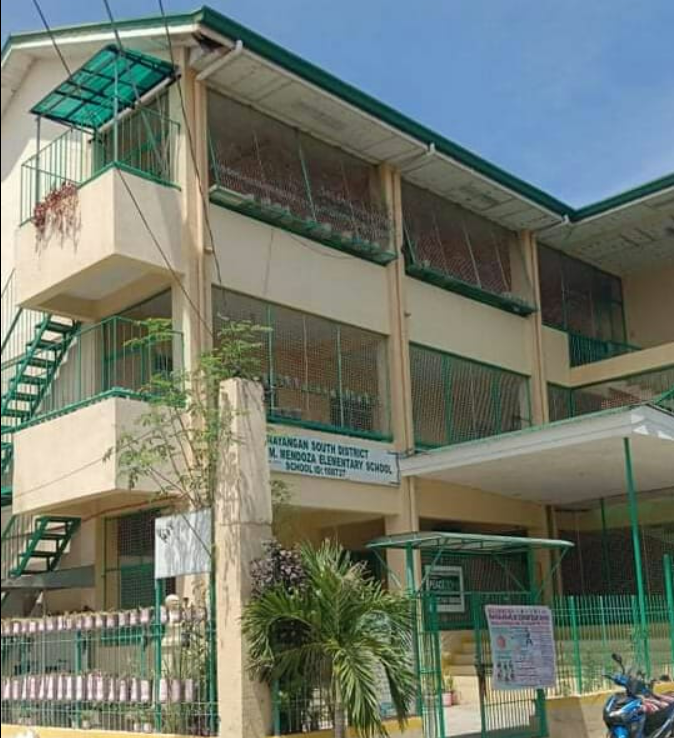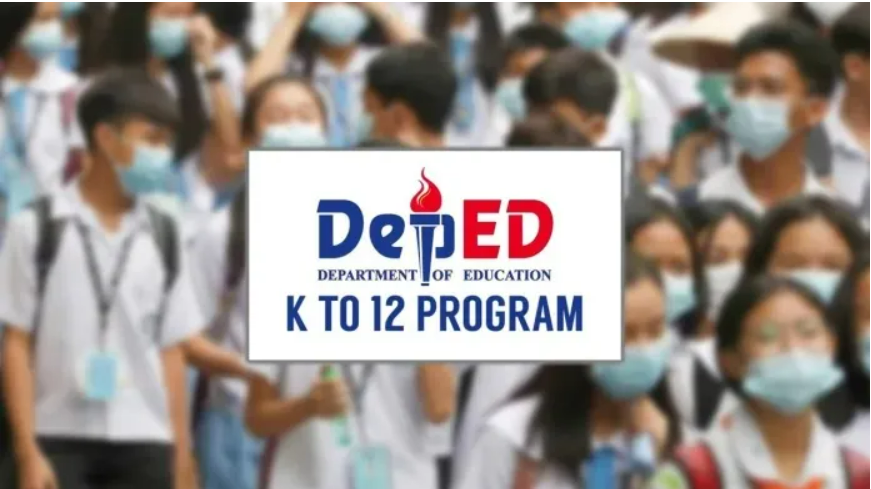Physical Address
304 North Cardinal St.
Dorchester Center, MA 02124
Physical Address
304 North Cardinal St.
Dorchester Center, MA 02124

“Admittedly, it’s a failure.” These words from an elementary educator in Quezon province echo earlier criticisms from a high school teacher in Marinduque. They argue that the K-12 program of the Department of Education (DepEd) has not proven beneficial to students.

Mary Antonette Antig Royo, an elementary school teacher at Don Guillermo Eleazar Elementary School in Guinayangan, Quezon, expressed her concerns about the K-12 standard. “For me, the K-12 standard for Grade 1 is low, especially in reading. Elementary students can even go to junior high school even if they cannot read,” Royo explained.
Previously, the curriculum included subjects such as Mother Tongue, Filipino, English, Mathematics, Araling Panlipunan, MAPEH (Music, Arts, PE, Health), and Edukasyon sa Pagpapahalaga. Royo pointed out that a Grade 1 student might advance to the next grade level after only learning to identify sounds without writing or reading the words.
“Then when the student reaches the next level, that is only the time he learns reading and writing, aside from the other tasks assigned, crowding the curriculum and making him lose focus. This is the reason why students fail,” she said. Teachers often pass students to avoid the extensive explanations required by the Division Office for failing grades, contributing to the perceived substandard quality of education.
On Monday, a high school teacher in Buenavista, Marinduque, known as Teacher “Gina,” lamented that the K-12 program produces non-readers and unprepared students. The pressure on teachers to pass slow learners to the secondary level keeps the country at the bottom of the Programme for International Student Assessment (PISA) rankings.
Teacher Antonette suggested revisiting and revamping the K-12 program, particularly the focus on reading literacy in the Philippines for elementary students. She endorsed the Matatag curriculum, introduced during the tenure of resigned DepEd Secretary and Vice President Sara Duterte, as a dependable alternative.
In 2012, the Philippines launched the K–12 Program, aiming to align with global standards and emphasize kindergarten education. The program, known as Republic Act 10533 or the Enhanced Basic Education Act of 2012, was authored by Senator Edgardo “Sonny” Angara, recently appointed education secretary by President Ferdinand Marcos Jr.
DepEd Central Office Senior Education Program Specialist Erlinda Leva defended teachers’ efforts to teach reading, citing numerous distractions for students. “Learners are having difficulty or learning disabilities because of so many factors. Poor nutrition contributes to learning disability, and lack of sleep and rest as some students work,” Leva said.
Additionally, the prevalence of games on gadgets and reliance on Chat GPT and Google for assignments pose significant challenges. Leva argued that the teachers and curriculum should not be blamed, as the K-12 curriculum underwent extensive consultations, research, and expert input.
Leva emphasized that the Matatag curriculum integrates reading and writing from Grade 1. The curriculum aims to develop learners’ “oracy” and literacy, serving as a foundation for transitioning to Filipino and English literacy. Basic literacy skills, including reading and writing, are developed from the third to the fourth quarters of Grade 1.
Leva provided a copy of the 2002 Basic Education Curriculum, which included subjects like English, Filipino, Mathematics, Science and Health, Makabayan, Sibika at Kultura, Hekasi, EPP, and MSEP. Despite the comprehensive curriculum, students’ reliance on Google and other applications for assignments has reduced library usage.
Lawmakers are working to reestablish libraries through House Bill 1582, or the Philippine Online Library Act, filed by Tingog Partylist Representatives Yedda Marie Romualdez and Jude Acidre. Senator Win Gatchalian authored the Senate version. The bill has received positive reviews from the DepEd Central Office.
The proposed Philippine Online Library will digitize textbooks and reference books necessary for public elementary and secondary education. The DepEd and the Department of Information and Communications Technology will jointly manage the online library, while the DepEd and the National Library of the Philippines will have joint custody of the digitized copies.
In summary, while the K-12 program aimed to improve education standards, teachers and students face significant challenges. Revisiting and revamping the program, particularly focusing on reading literacy in the Philippines, may be essential for achieving its intended benefits.